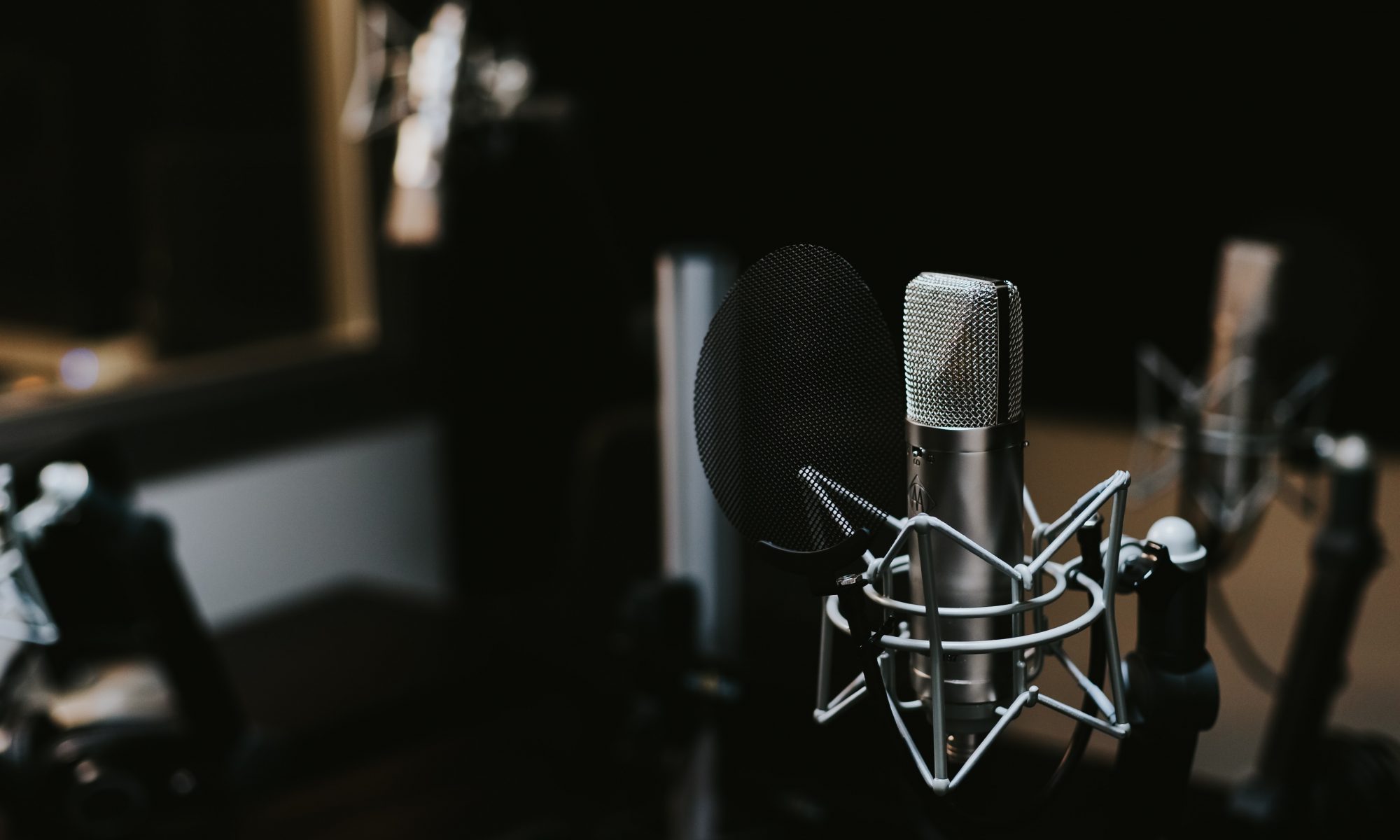Composing music is all about communication: communicating mood, intention, pace, atmosphere, character, movement… but how do you communicate all these things without finding your own voice?
In thinking about more composing tips to discuss, it occurred to me that I was describing some of the techniques that I like to use, that sound right to me. They’re all parts of my voice.
I’ve started in quite a general, generic way, talking about writing to the strengths of your equipment in Tips for Composing Music With A Computer, and about specific tips and tricks for creating that filmic sound in your own music with Pedal Notes and Suspensions and How to Write Science Fiction Music.
However, the more I get into these hints and tips, I’ve realised that it will become more and more about the music I like to write, the style that I like to apply to all of my music, the way I like to communicate through music.
I don’t intend for this blog series to become about writing music ‘by-the-numbers’, or about how to emulate my style of music: that doesn’t help anyone. When composing, as with any creative endeavour, it’s essential to seek out your own ‘voice’: your own flavour of music, the kind of sounds, melodies, cadences, phrasing and harmonies that you want to hear in your own work. Furthermore, in order to communicate the emotions that you want your audience to hear, the music has to make you feel it too.
I think what I’m trying to say is that in order to really enjoy composing music, you have to write what you enjoy, or at least appreciate, listening to. Write work that has some sort of emotional effect on you. Analyse why you enjoy or appreciate a piece of music rather than just accepting that it ‘does it’ for you. If you don’t feel something whilst listening back to your music, how do you expect your audience to feel anything either?
Think about a piece of music that you really enjoy. Now get your ears into the nuts and bolts of it and really listen to the elements of the track. Is it that you love a particular chord progression, a specific interval jump in the melody, the counterplay of question-answer in two instruments, the instrumentation itself, the quality or timbre of the sound that is being created?
For example – I know for a fact that relationships of tritones, flat 6ths, suspensions and pedal notes really do it for me every time. But there’s no point me telling you that if what you’re really all about is distortion, glitches and analog synth basslines.
So get to grips with your favourite sounds. That’s how you find your voice.
Good luck and have fun.
Photo: drestwn

